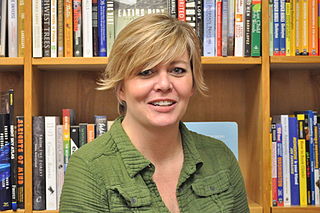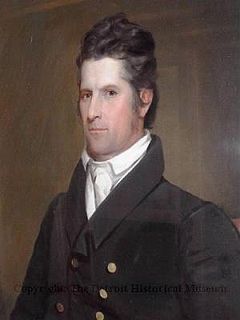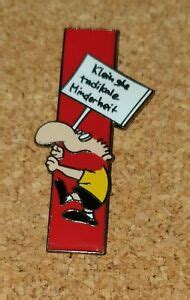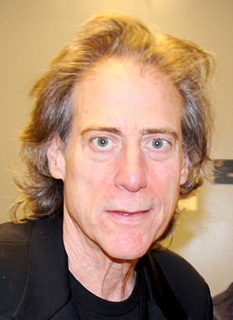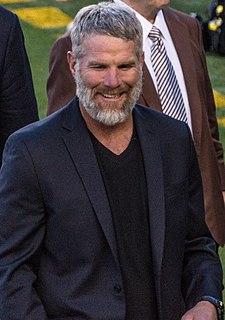A Quote by Scott Turow
If the rewards to authors go down, simple economics says there will be fewer authors. It's not that people won't burn with the passion to write. The number of people wanting to be novelists is probably not going to decline - but certainly the number of people who are going to be able to make a living as authors is going to dramatically decrease.
Related Quotes
Teachers and librarians can be the most effective advocates for diversifying children's and young adult books. When I speak to publishers, they're going to expect me to say that I would love to see more books by Native American authors and African-American authors and Arab-American authors. But when a teacher or librarian says this to publishers, it can have a profound effect.
People say to us, look, it may well be the case that there are fewer wars and fewer genocides, but surely more people are being killed. But when we look at this, the number of people killed in wars involving a state every year, all the wars, and you can see there's a high point, that's the Korean war, and it keeps on going down and down and down. If you look at the average number of people killed per conflict per year, it goes from 37-thousand in 1950 to just 600 in 2002.




